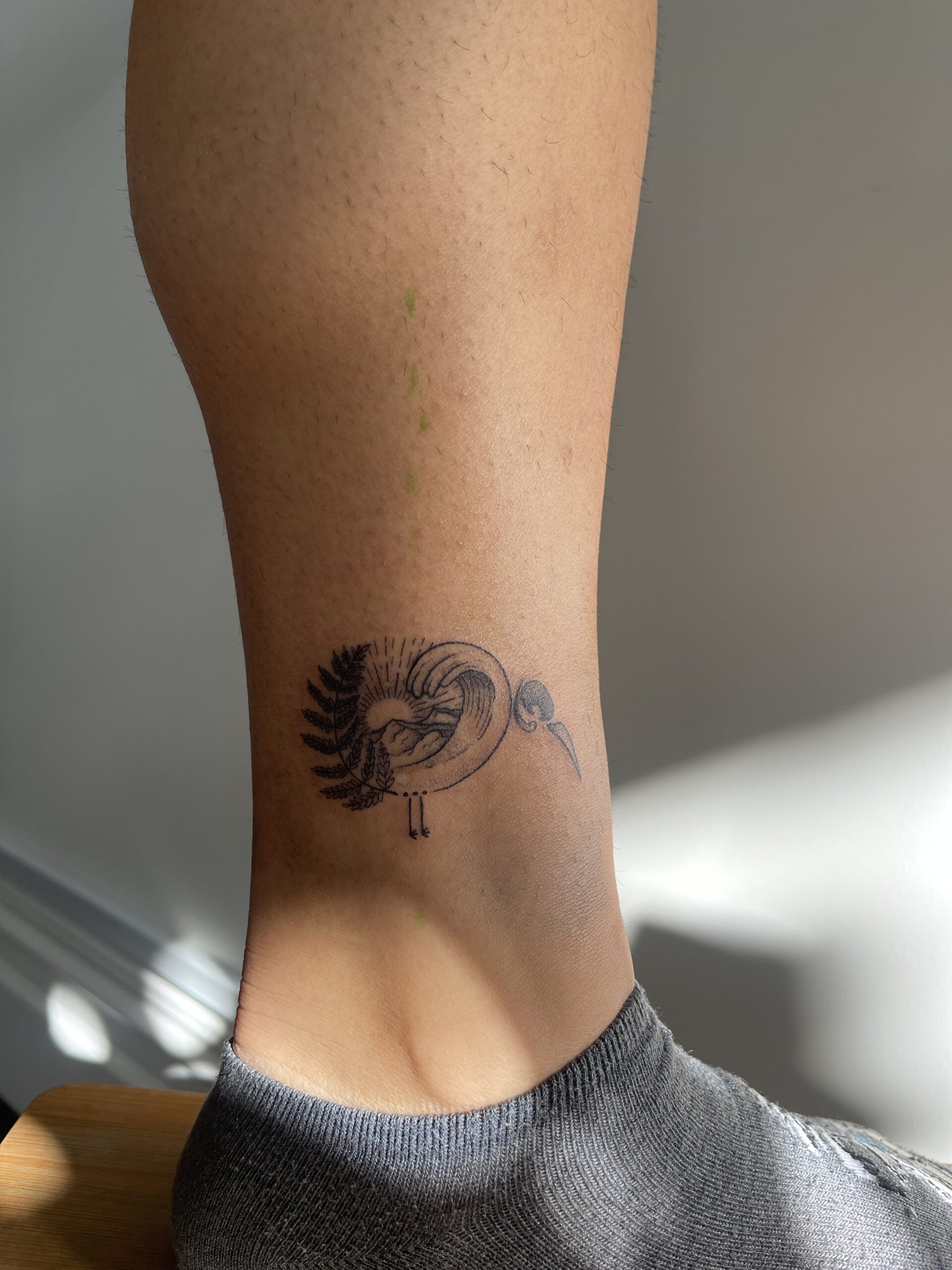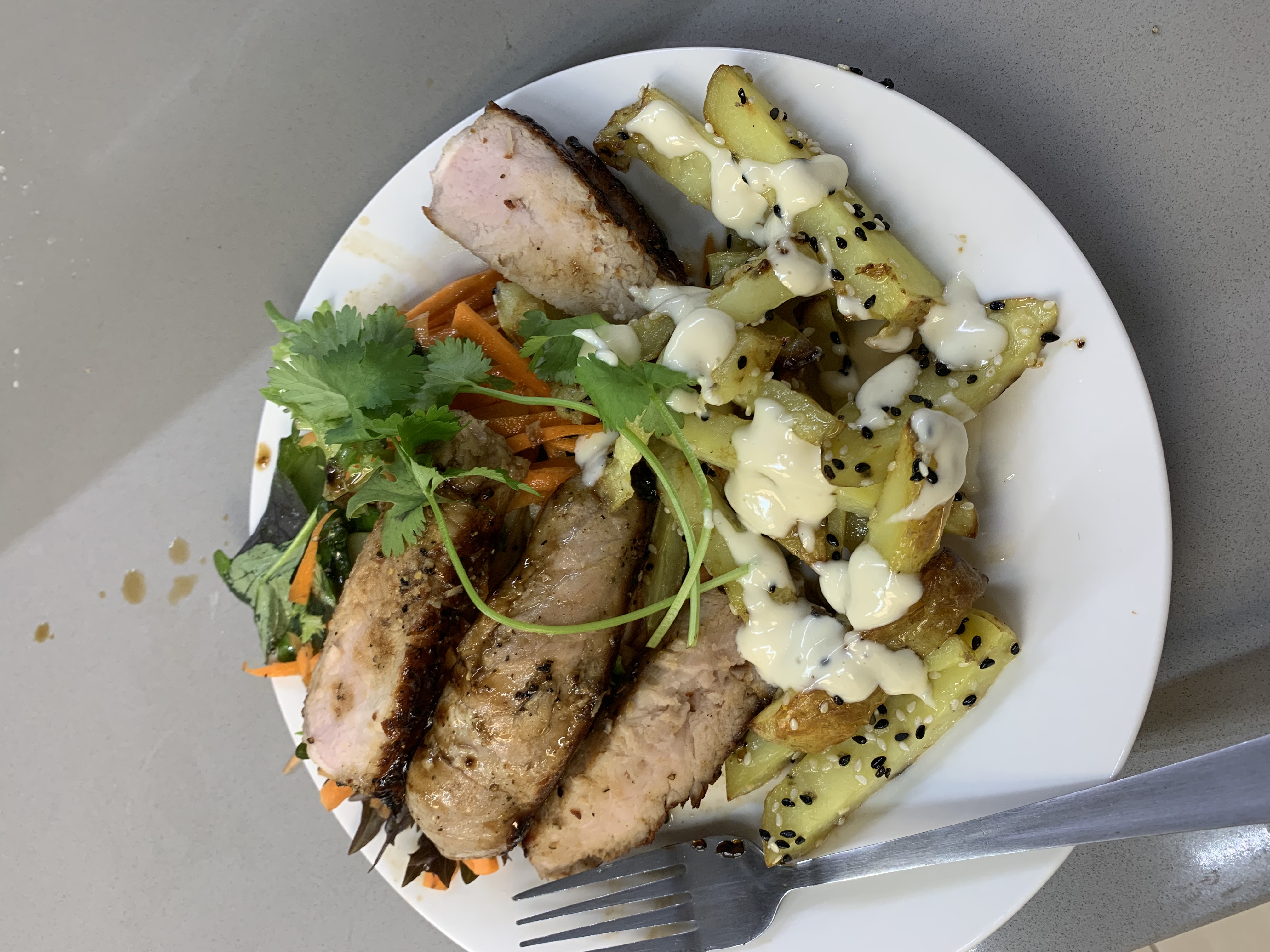
Budgeting and Meal Planning in NZ
I have been so incredibly fortunate to have been able to spend an entire semester in New Zealand and grow in ways that I did not foresee. As I conclude my time abroad, I am starting to reflect on the things I have learned about myself and the skills that I have acquired. One quality of my life that has changed and that I know I will definitely continue with is budgeting and being organized in that aspect of my life. When I first arrived here, I thought that I would only be able to participate in the adventures that my program had laid out for us, and I didn’t really see myself being able to go on many solo/group trips because of my financial restrictions. However, as I quickly became accustomed to noting my expenses, I was able to plan out in advance the money I would need for essentials (groceries, toiletries, school necessities, etc.) and budget for extra personal events. I am sure many people can understand the stress that financials place on a person, so, as someone who has detrimentally made that stress a priority in their life, it was liberating to feel like I had enough control on my budget to relax and take some time for me to have fun and enjoy my time here.
Prior to leaving the states, I planned my trip for about a year and a half in advance. Throughout this time, I was able to work multiple jobs and save like crazy. Every penny that didn’t go to necessities was set aside for this. Not only did I have to get my ticket, but I knew I would need to get school books, toiletries, and kitchen ware all within the first week of my arrival, so most of my funds were allocated to that. I am lucky to have an awesome family who pitched it where they could and I am even luckier to have gained financial support from FEA and IFSA to help with my housing and school tuition. One thing that I established in my first two weeks of being in NZ was my budget book. I wrote down what I had, my fixed expenses, and my end of semester fund target- what I would still like to have when I came back to the states. Thank goodness I got an A in math all through school because I had to use it to figure out my monthly, weekly, and even daily budget. In an ideal world, this budget book never changed, but as I got accustomed to life in NZ and became more comfortable splurging where I could so that I could gain more out of my time in NZ, the budget book saw changes, usually for the better. I did step over a couple times, but I re-adjusted, learned and kept moving forward. At one point, I was under budget and was able to do something I had always wanted to do. I got a tattoo a couple weeks ago to commemorate my time here (a kiwi bird with the scenery of NZ and silver fern as the body). Now, looking back, I am not sorry for a single one my purchases, except maybe the time I tried to get chips from the vending machine and it didn’t dispense my snack :( . In all seriousness though, I am shocked and happy that I was able to do so many amazing, life changing things while still maintaining my budget.
Another way in which I was able to plan in advance was food! I did not expect the most expensive part of traveling to be obtaining food. I don’t even eat three meals a day, and it was still a struggle. To adjust for this expense, I learned how to make a well-thought-out grocery list and plan my meals for the next two to three weeks ahead of time. My accommodation was self-catered, so I already had to learn how to consistently cook my meals every day. Therefore, this meal-calendar, if you will, served as a fun challenge to motivate me and benefit my wallet. I watched many YouTube videos and subscribed to multiple cooking blogs to get cheap delicious recipes. From these resources, I would write down the meals I wanted and find commonalities between each dish. Once I did that, the grocery list basically wrote itself. I did large grocery runs about every 3-4 weeks and I found that a stable budget for this time period for me was about $200-$250 per run. That doesn’t seem like much. I didn’t think so either. But, if I bought in bulk, I was able to stretch groceries for a while, especially canned goods and pantry items. For food that belong in the fridge and spoil quickly, it was a bit trickier. I googled many hacks that would help me to preserve my foods for longer while making sure they didn’t go bad. For example, it is very hard for one person to eat a loaf of bread in the time before its expiration, so I put the bread in the freezer, and when I needed it, I would place slices in the toaster. If I wanted it to be toasted, I would leave them in the whole time, but if I just needed to defrost it, I would take it out of the toaster quicker. I would never let the loaf defrost on the counter because then the water that came off would make the bread soggy (learned that the hard way). I also kept vegetable like carrots, celery, etc. in water to plump it up and use throughout my meal prep. I also bought quick meals like instant noodles, frozen soups, canned spaghettis. I am used to cooking for my family, not just me, so the meals I made had leftovers that lasted about 2-3 days. I always made a good stir fry at the end of my 3 weeks to clean out my fridge. I also learned how to bake my own desserts for when my sweet tooth acted up. Now of course I didn’t cook all my food. I wanted to taste NZ cuisine and support local businesses when I could, so I allowed myself 1-2 meals a week to be out. I never became a regular anywhere because I ate at different places every time, but it’s okay. I found variety and became much less picky!
These are life skills that I am so excited to take back with me. I feel so incredibly grateful and appreciative to the organizations who have helped me and my family for supporting me where they could. I wouldn’t have imagined that I would do half the things that I did. I was really able to see and experience all NZ had to offer. My time here has been amazing, and I hope that as I continue to reflect, I will find other skills that I have acquired and use them going forward.

